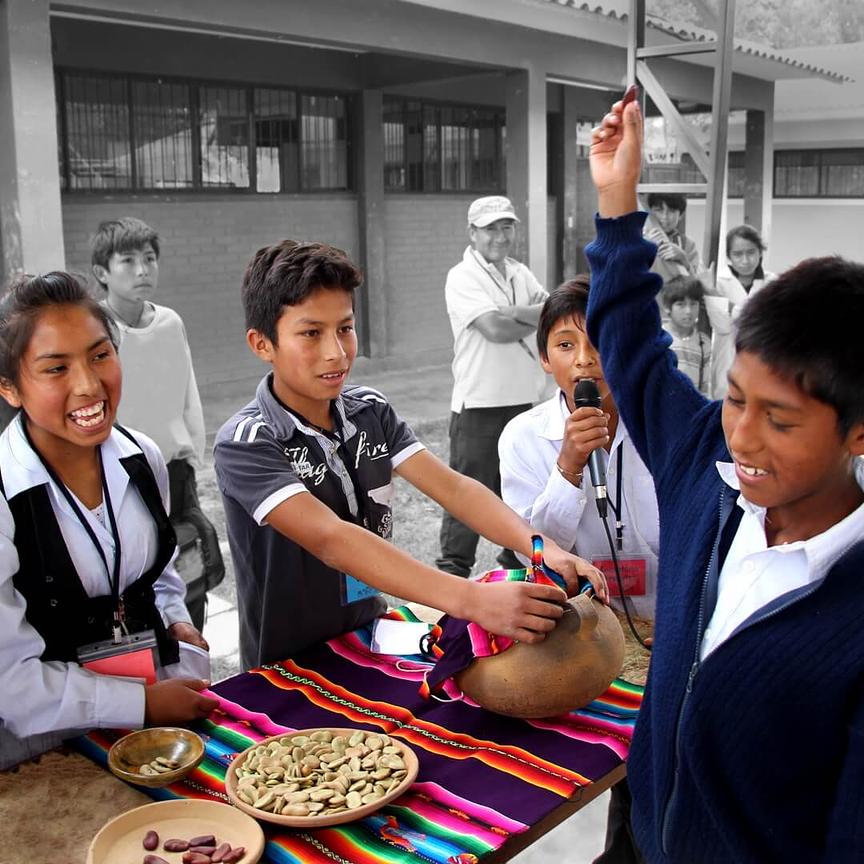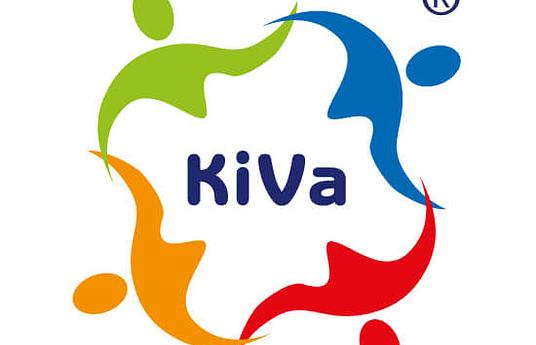Elections don’t work well in schools
Student government (also called ‘student council’) is meant to introduce young people to democracy and develop tomorrow's leaders. Unfortunately, student elections often exclude all but the most popular, charismatic, and ambitious students from actively participating, as they have little chance of winning a competition for the most votes. This is unfair, and it widens the gap between students in terms of leadership and civic skill development. Elections incorrectly teach young people that there are a few natural-born leaders, and the idea is perpetrated that for the rest democracy is largely a spectator sport, where the only role is to occasionally vote for your favorite candidate.
We wouldn't use a popularity contest to decide which few students get to learn math or history, so why are we doing this with leadership and civics?
Student Government Lotteries offer schools a fairer approach
Student Government Lotteries alleviatethis problem by giving an equal chance to each and every student who wants to participate. The Lotteries completely replace elections, meaning there are no candidates, campaigns, or competitions for votes in the school. Instead, willing students enter the Lottery and a small number are randomly selected to form the student government. This approach is fairer than traditional elections, generates higher levels of interest and participation, and results in student governments that are more diverse and representative. The lack of competition prevents ‘winners’ from feeling superior to their peers and ‘losers’ from feeling rejected. The process is simple, fun, and easy to structure in a way that guarantees proportional representation by gender and grade level.
But doesn’t replacing elections in this way rob students of the chance to learn about democracy?
No, what young people need most to become engaged and effective citizens are democraticskills: active listening, critical thinking, deliberating, public speaking, etc. Student Government Lotteries give all types of students the opportunity to develop these skills, instead of excluding those who are shyer and less popular in an attempt to mimic adult politics. And we shouldn’t restrict students to thinking that elections are the only way to do democracy. In the first democracy, ancient Athens, lotteries were used for almost 200 years to fill key legislative bodies and most public offices. It’s a safe bet that young people who experience innovative and engaging student politics are more likely to be engaged in politics as adults, and may even someday invent creative ways to improve democracy.
While the focus here is on Student Government Lotteries, note that Democracy In Practice typically couples Lotteries with two other innovations: rotation and horizontal teamwork. Rotation allows more students to participate and is incorporated by holding Student Government Lotteries multiple times a year. Replacing positions like President and Vice President, with more horizontal ways for students to work and learn together, creates a richer and more equitable educational experience. On their website, Democracy In Practice has step-by-step guides and how-to videos for incorporating these other innovations, but even if your school only replaces elections with lotteries and changes nothing else about its student government program, it will make leadership and civic education far more inclusive and engaging!


